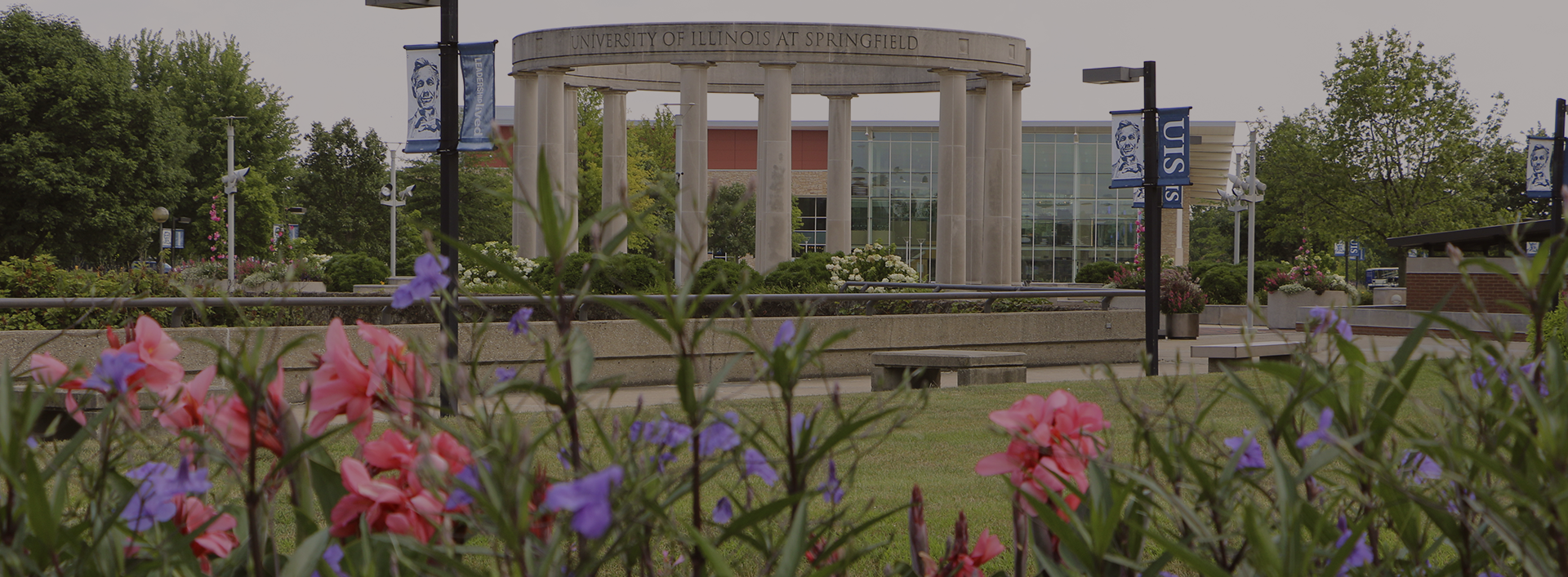Teaching our students to value academic integrity -- to respect others' work and give credit for others' ideas -- is an important part of our work in the classroom. This page contains tips and tools for reducing and detecting violations of our community academic integrity standards.
The Academic Integrity website contains the UIS Academic Integrity Policy, as well as the procedures for handling violations, and a student guide. The academic integrity quiz is available in Canvas Commons for instructors to import into Canvas course sites (if you click on this link while logged into Canvas, it will take you to the resource).
A reflection on our role as teacher
What is our role as teachers?
“After 23 years of teaching, I’ve come to realize that my job is neither to police students who don’t want to learn nor to rank students via grades, but to maximize learning for those who want to learn and try to inspire the others to try to join in the learning.”
A commenter who identified as Jason Mittell, professor of film and media culture and American studies at Middlebury College, in Why Professors Are Polarized on AI by Susan D’Agostino. Inside Higher Ed
We know that writing and reflection are strong tools for learning. They can be written by generative AI. Sometimes papers can be sold in online repositories. Let's do what we can to reduce cheating without becoming the police and focus on encouraging learning and inspiring the desire to learn.
Design with integrity in mind
Instead of a test, consider alternative assessments such as a project, paper, or other types of assessment. Vanderbilt University's website on Classroom Assessment Techniques presents ideas that might be helpful in designing assessments. COLRS staff is also available to assist in thinking about alternative assessments for your courses.
- Include academic integrity statement in course syllabus
- Alternate assessments from term to term or class to class
- Set up discussions to prevent viewing of classmates’ posts before posting
- Write test questions and activities that require unique responses
- Test settings (randomize, question pools, time limits, display questions one at a time, limit question feedback)
- Create scaffolded assignments
- Require presentations as part of an assignment
Small steps for big results
- Establish policies, syllabus statements, and honor codes in your course
- Lead to small reductions in cheating behaviors (Corrigan-Gibbs et al., 2015)
- Better for blended classes than online classes (LoSchiavo & Shatz, 2011)
- Reinforce integrity by adding “warning statements” on assignment submission drop boxes
- Statements that identify potential consequences are a stronger deterrent than honor codes (Corrigan-Gibbs et al., 2015)
Academic integrity issues
Plagiarism & reusing
Plagiarism is passing another's work off as your own. It can take many forms, including not citing sources and not using quotation marks. Submitting the same work for more than one course is reusing work, sometimes called self-plagiarism. Learn more on the Plagiarism page.
Copyleaks can be used in Canvas Assignments to show where students have used the work of others. It can also be set up as with a Instructor Scanning Tool where instructors may upload files or copy and paste text for plagiarism detection.
As more faculty use Copyleaks to scan student work, reuse of work can be more easily detected.
Cheating during remote exams
Respondus LockDown Browser can help with some forms of cheating but can be circumvented. Proctoring with Respondus Monitor is a great option for low-stakes tests that is free for students
Proctoring centers can be used, but will all students receive consistent testing environments? Proctoring sites can vary widely.
Examity is a live remote video proctoring option to strengthen test integrity. Students pay a per exam fee (see Examity section below for rates).
Authenticity
Having another student take your exam for you is a violation of authenticity. How are we ensuring that the student is the one completing the exam?
How are we authenticating our online students? Canvas requires two-factor authentication. Respondus Monitor and Examity can be set up to check for identification cards as another layer of security.
Research shows that asking students to agree to an academic integrity statement can mitigate cheating attempts. Consider asking students to agree to the following as the first question of a test: “I verify I am the only one taking the exam and that no one is helping me physically or electronically. I won’t copy the exam in whole or in part. I will refrain from discussing this exam with anyone until after the due date. I will adhere to the academic integrity policy.”
Academic Integrity Tools
Resources
Corrigan-Gibbs, H., Gupta, N., Northcutt, C., Cutrell, E. & Thies, E. 2015. Deterring cheating in online environments. ACM Trans. Comput.-Hum. Interact. 22, 6, Article 28.
LoSchiavo, F. M. & Shatz, M. A. (2011, May 15). The impact of an honor code on cheating in online classes. MERLOT Journal of Online Learning.
Vahid, F., Downey, K., Pang, A., & Gordon, C. (2023, March). Impact of Several Low-Effort Cheating-Reduction Methods in a CS1 Class. In Proceedings of the 54th ACM Technical Symposium on Computer Science Education V. 1 (pp. 486-492).
